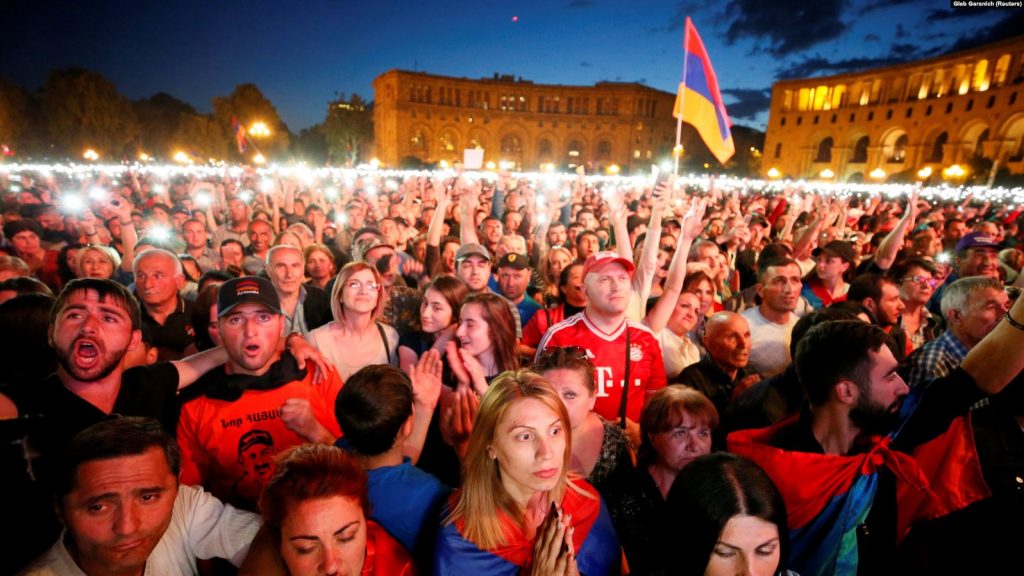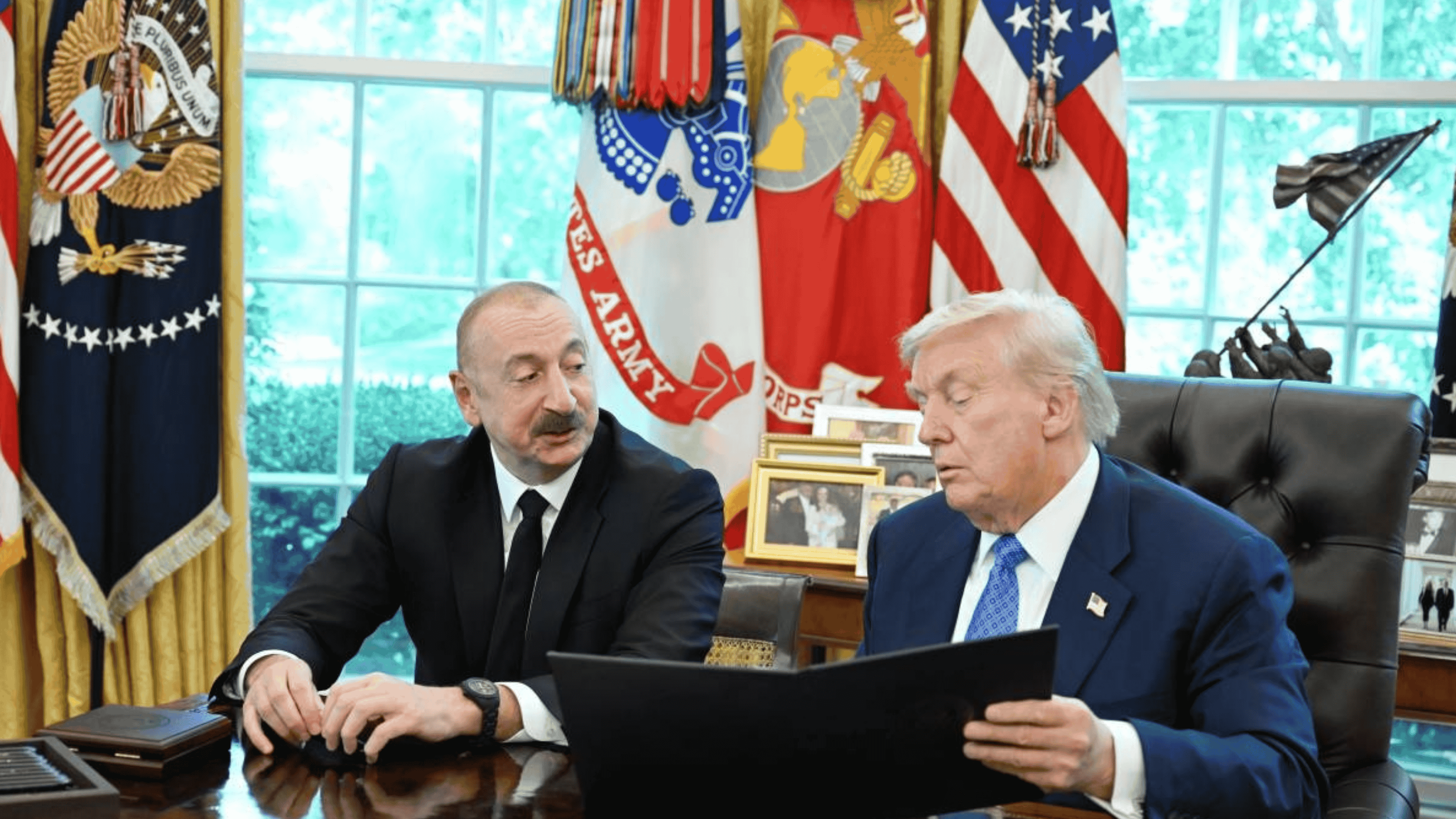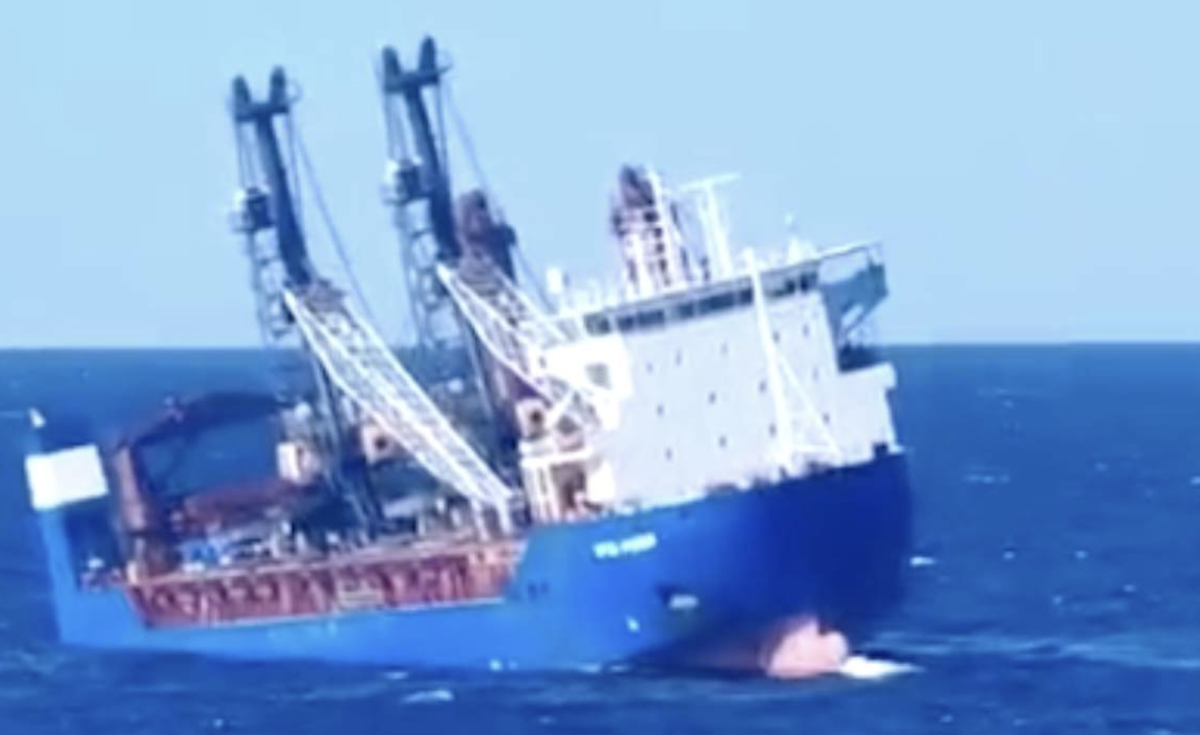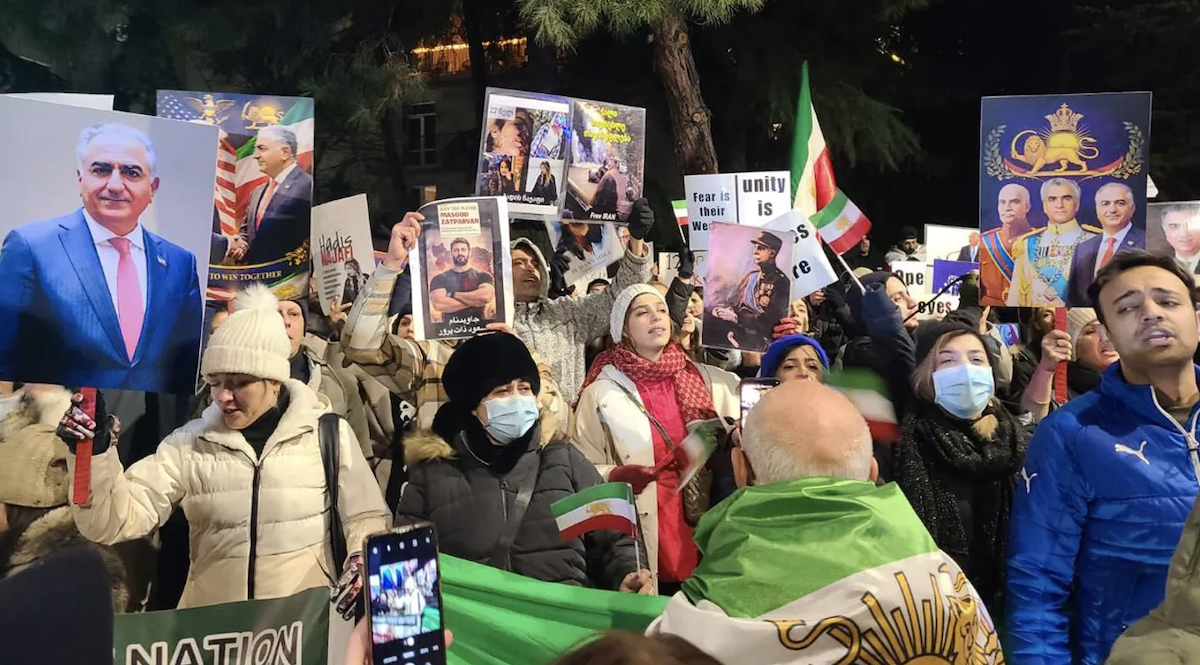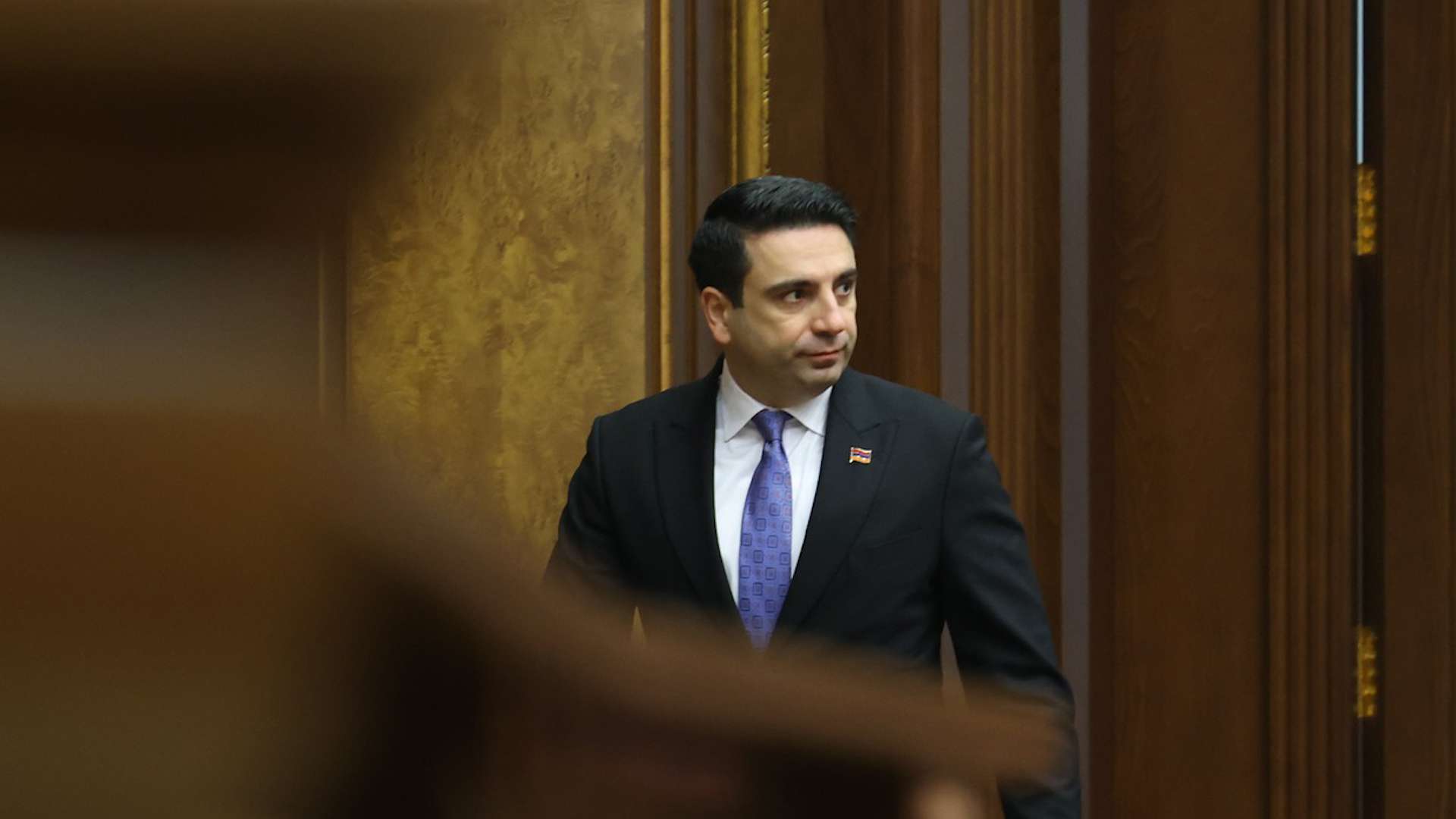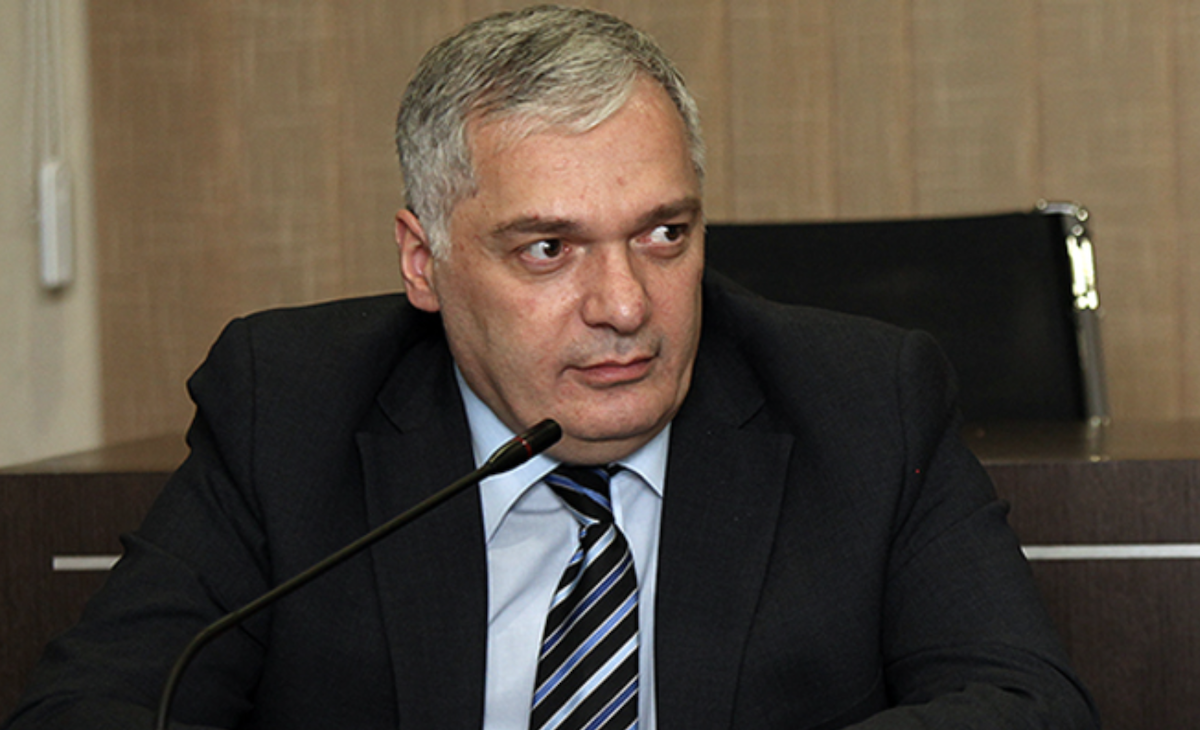Op-ed: repeated elections, Karabakh issue, return of prisoners
Director of the Caucasus Institute, political scientist Alexander Iskandaryan speaking about the political future of Armenia, admitted the likelihood of repeated elections “in a year and a half” – despite the fact that early parliamentary elections were held in Armenia on June 20.
“I don’t think there can be any progress in the Karabakh issue in the near future. Azerbaijan practically refuses to discuss the Karabakh problem”, he said at a press conference. According to Alexander Iskandaryan, today and in the near future, the format of discussing the Karabakh problem itself is unlikely to appear.
The political scientist also commented on the process of returning Armenian prisoners of war who are still being held in Azerbaijan after the second Karabakh war. In his opinion, Baku is not inclined to return all Armenian prisoners, thus, “the bargaining will continue for a long time”.
- Armenia to receive substantial financial assistance from the EU
- Armenia’s Constitutional Court to assess validity of snap parliamentary elections
Karabakh issue and Putin-Pashinyan meeting
Alexander Iskandaryan began the press conference with the issue of the settlement of the Karabakh conflict. He stressed that the trilateral document on the armistice, which was signed by the leaders of Armenia, Russia and Azerbaijan in the fall of 2020, is not a solution to the Karabakh problem:
“It was an agreement on a ceasefire, a suspension of the war, nothing more. There is not a single word about status, guarantees, procedures, and negotiations – I mean about Artsakh”.
Accordingly, according to the expert, now the Republic of Armenia in its relationship with Azerbaijan faces several questions:
“This is the problem of borders, that is, those territories that Azerbaijan is slowly biting off from Armenia; the problem of stability on these borders, that is, ensuring security (apparently, the decision was made with the help of a third party, that is, Russia); the problem of roads, that is, the opening of communications around Armenia ”.
According to Iskandaryan, these were the issues discussed at the meeting of the acting Prime Minister of Armenia Nikol Pashinyan with Russian President Vladimir Putin, which took place on July 7 in Moscow.
Putin congratulated Pashinyan on his victory in the elections, stressing that the elections in Armenia showed the people’s confidence in Pashinyan, and this is “the most important condition for the further development of the country”.
“In fact, if we translate from ‘Putin’s language’ into the common human language, Putin said that they are ready to work with the current government of Armenia”, the political scientist believes.
What will happen to the new parliament
For the fourth day, the Constitutional Court of Armenia has been considering the issue of invalidating the results of the early parliamentary elections, which took place on June 20.
After the announcement of the final results of the voting, four political forces at once addressed the Constitutional Court with this demand.
Alexander Iskandaryan believes that the decision of the constitutional court “will not be able to change the political reality”. The opposition parties will nevertheless enter the parliament of the new convocation and will not boycott its mandates.
Moreover, formally, according to the political scientist, the alignment of political forces in it will be the same as in the past: one party received the majority, almost ⅔ of the votes, and there will be two more opposition parties – one of them has more mandates than the other:
“In reality, if you approach it not formally and look at the composition, then these two opposition parties are not at all what they were before. Before that, there were both parties that supported Pashinyan and his My Step during the 2018 revolution […]. These were the parties that posed as opposition but were associated with the Pashinyan regime”.
The new opposition, the political scientist believes, is “different”, and the parliament will now represent society more than it did before:
“There are a certain number of people in society who quite radically reject the power of Pashinyan and his associates, and they are represented in parliament. Society is paralyzed and split, parliament is paralyzed and split. Accordingly, they are unlikely to be able to influence politics in a serious way, but, of course, there will be discourses”.
According to Iskandaryan, “the next early elections” may take place in a year and a half:
“Because the political crisis has not gone anywhere, the Karabakh issue has not disappeared at all, Mr. Aliyev will continue to play in the Armenian internal political field, the split in society will remain and will not go anywhere, the power will fall, simply because it is power”.
“Azerbaijan is not inclined to return all Armenian POWs”
After the second Karabakh war, one of the most acute problems in Armenian society is the return of prisoners of war who have been held in Azerbaijan for months. Moreover, in Baku, they are not considered prisoners of war but are treated as saboteurs and terrorists.
Alexander Iskandaryan believes that Azerbaijan is not inclined to return all POWs:
“Azerbaijan took them prisoner and is trading this factor, they are ready to make transfers in exchange for something [the last two times Baku returned 15 Armenian prisoners in exchange for mine maps of the territories that came under the control of the Azerbaijani side after the war – JAMnews].
This process is underway and, I think, will continue in approximately the same mode. I think that the process will be long – months if not years, because I cannot imagine that they will immediately give up all the prisoners of war. I would like to be wrong, but it seems to me that Azerbaijan is not inclined to give all of them up, since it would be logical for them to keep some number of prisoners and bargain for a long time”.
